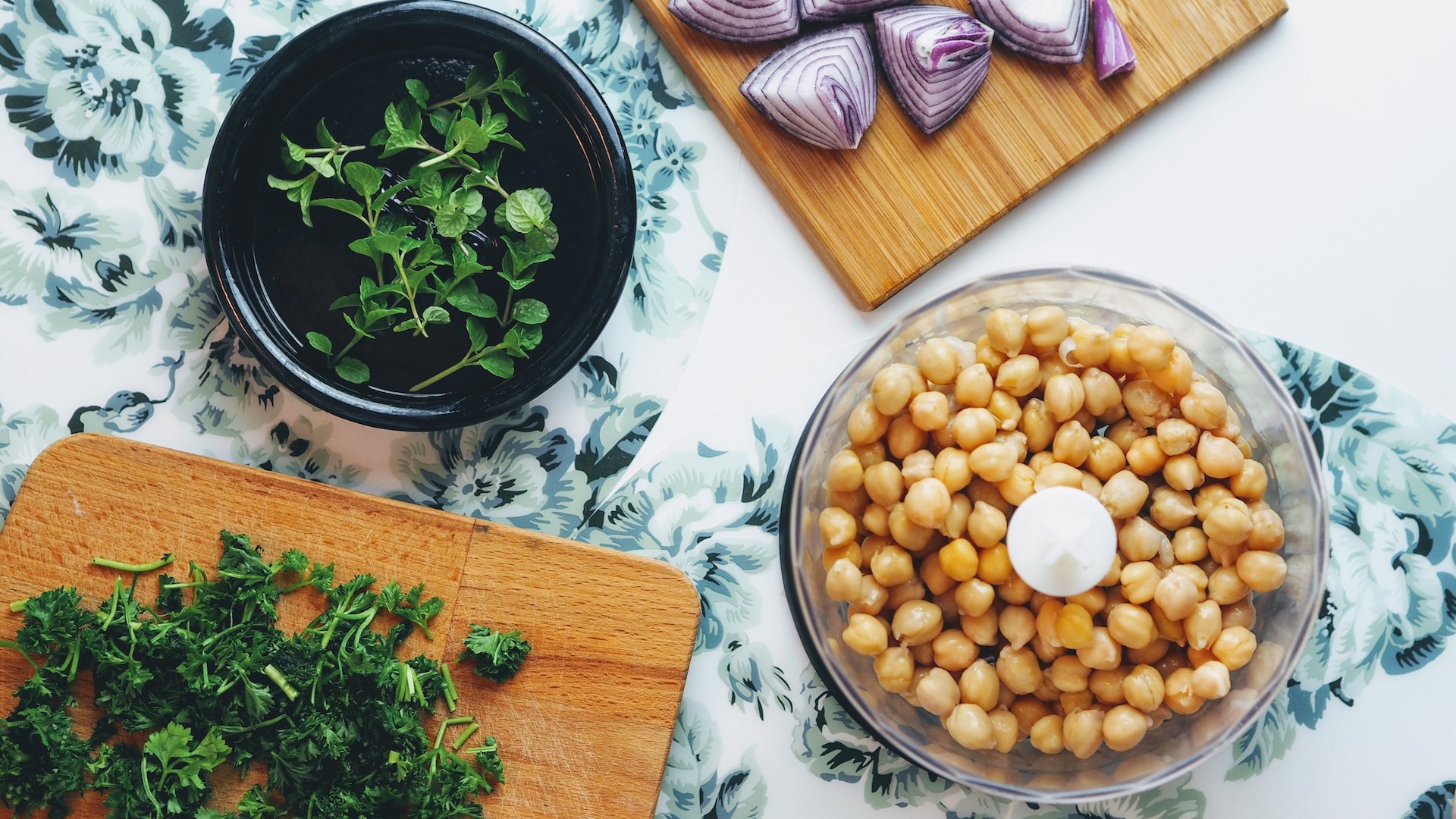Carrageenan Explained: What It Is, and When and Why to Avoid Eating It
By Keri Glassman, MS, RD, CDNHome » Live Consciously » Carrageenan Explained: What It Is, and When and Why to Avoid Eating It
Sometimes it feels like everything we eat is so complicated.
It can be really hard to say with 100% confidence that the salad dressing you love is really “clean” of fillers and junk, or the ice cream from the corner store isn’t using some food coloring that could cause an allergic reaction.
You can make yourself crazy looking up the seemingly millions of food additives that are GRAS, which is an acronym for “generally regarded as safe.” Sometimes, it might seem simpler to not look at the ingredient list at all and save yourself from the potential horror.
But it’s a good idea to stay informed! Educating yourself removes the stress of the unknown and gives you the opportunity to make decisions you feel good about.
Today we spotlight carrageenan, a controversial food additive.
How is Carrageenan Used?
Carrageenan is commonly found in dairy products, where it acts as an emulsifier to keep things from separating. For example, it keeps your yogurt from getting that layer of water on the top, or your milk from getting a layer of cream floating on the surface. We’re often grossed out by foods that separate, but if the labels on our beverages simply told us to shake ’em before we consume ’em, carrageenan would be out of a job!
It’s also used in a number of other foods, including everything from deli meats (where it acts as a binder) to vegan and low-fat foods (where its thickening properties come into play). You’ll also find carrageenan in non-food products, including toothpaste.
Where Does Carrageenan Come From?
Carrageenan is made from algae, which can be cultivated or wild. Specifically, it’s most commonly derived from varieties of red seaweed, including Irish moss, as well as elkhorn sea moss. It gets harvested from the ocean, cleaned, extracted, filtered, concentrated, mixed with chemicals, pressed, dried, milled, blended and refined. Whew!
It’s not exactly nutrient-dense seaweed after all of that. Not at all.
What Are the Risks of Consuming Carrageenan?
There’s strong evidence linking carrageenan to cancer, GI tract damage, diabetes and inflammation.
We’re not talking just a little gas or bloating—evidence suggests the additive is a factor in serious health problems. But while solid studies on animals point to this substance’s toxicity, the implications for human health have not kicked the food industry into action. I tell my clients to steer clear of carrageenan.
How to Find Carrageenan-Free Foods
The Cornucopia Institute has made it really easy to find carrageenan-free organic foods with a list of common brands to look for (and a few to avoid). Highlights include:
- Organic Valley’s buttermilk, chocolate milk, cream, eggnog, kefir, and cottage cheese
- Safeway’s O-brand versions of yogurt, cream, and almond-, soy- and coconut-milk beverages
- Whole Foods’ 365-brand versions of cottage cheese, coffee creamer, and both almond- and soy-milk beverages
- Trader Joe’s own brands of yogurt, sour cream, ice cream, and rice-, almond-, coconut- and soy-milk beverages — but not their cottage cheese
You can find dozens more brands rated for carrageenan inclusion here.
Look for These Substitutes Instead
Given that carrageenan is often used to thicken foods, there are certainly other ingredients that manufacturers can use instead. One is xanthan gum, which is derived from fermented sugar and is perfectly safe for most people. Other options are guar gum or gellan gum, both commonly found in nut milks, and both thought to be safer than carrageenan.
(Image: Shutterstock)
About Keri Glassman, MS, RD, CDN
Keri Glassman, MS, RD, CDN, is a renowned celebrity nutritionist, healthy cooking expert, and wellness thought-leader. She is the founder and CEO of Nutritious Life and The Nutritious Life Studio, an online certification that provides unparalleled, forward-thinking education to individuals of various backgrounds looking to establish successful careers in the health and wellness industry.
DISCOVER MORE
RECENT ARTICLES

Want a sneak peek inside the program?
Get FREE access to some of the core training materials that make up our signature program – Become a Nutrition Coach.
Get Access"*" indicates required fields
 Live Consciously
Live Consciously













































































































































































































































































































































































































































































































































































































































































































































































































































































































































































































































































































































































































































































































































































































































